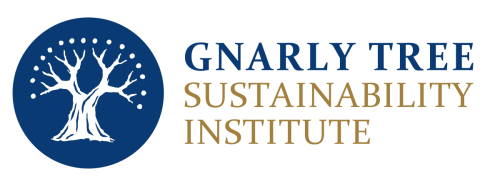What will the community gain from a proposed initiative?
Benefits Analysis
Benefits analyses are a critical but often overlooked consideration in policymaking. Whereas implementation and compliance costs are often simple to estimate, present, and understand, program benefits are more abstract and often presented only theoretically and qualitatively, if at all. This approach does not provide enough information for the public (or, often, policymakers) to determine whether the policy or program is “worthwhile.”
A quantified and monetized accounting of the program’s or policy’s benefits is a critical missing piece of this presentation. As we develop policies that will move our society toward environmental health, quality, and sustainability, it is critical to inform the public and decisionmakers regarding the benefits of new policies based on a solid, credible, and transparent analysis.
Our Approach
Having worked on many policies at all scales and throughout all stages of development, the GTSI team has developed a portfolio of benefits analysis techniques based on the best available methodologies and innovative approaches. We scale our analyses to best suit the project at hand – in some cases a relatively simple benefits transfer is appropriate, efficient, and informative, whereas other cases demand innovative new approaches. Our team has extensive experience and expertise in estimating the benefits of a wide variety of environmental policies and programs, including those that yield improved air quality, improved water quality, avoided cases of illnesses and mortality, improved tourism and recreation, and avoided releases of oil, coal ash waste, and other hazardous substances.
GTSI Expertise
GTSI members have conducted many benefits analyses from local to international environmental policies and regulations, including the development of a model to estimate the health co-benefits of an air pollution emissions levy in Costa Rica; the identification, quantification, and monetization of direct and indirect benefits arising from effluent limitations in the steam electric power generation sector in the United States; and the development of a comprehensive database and regression model of the drivers of damages from oil spilled during transportation (and the associated benefits of avoiding or mitigating such spills).

